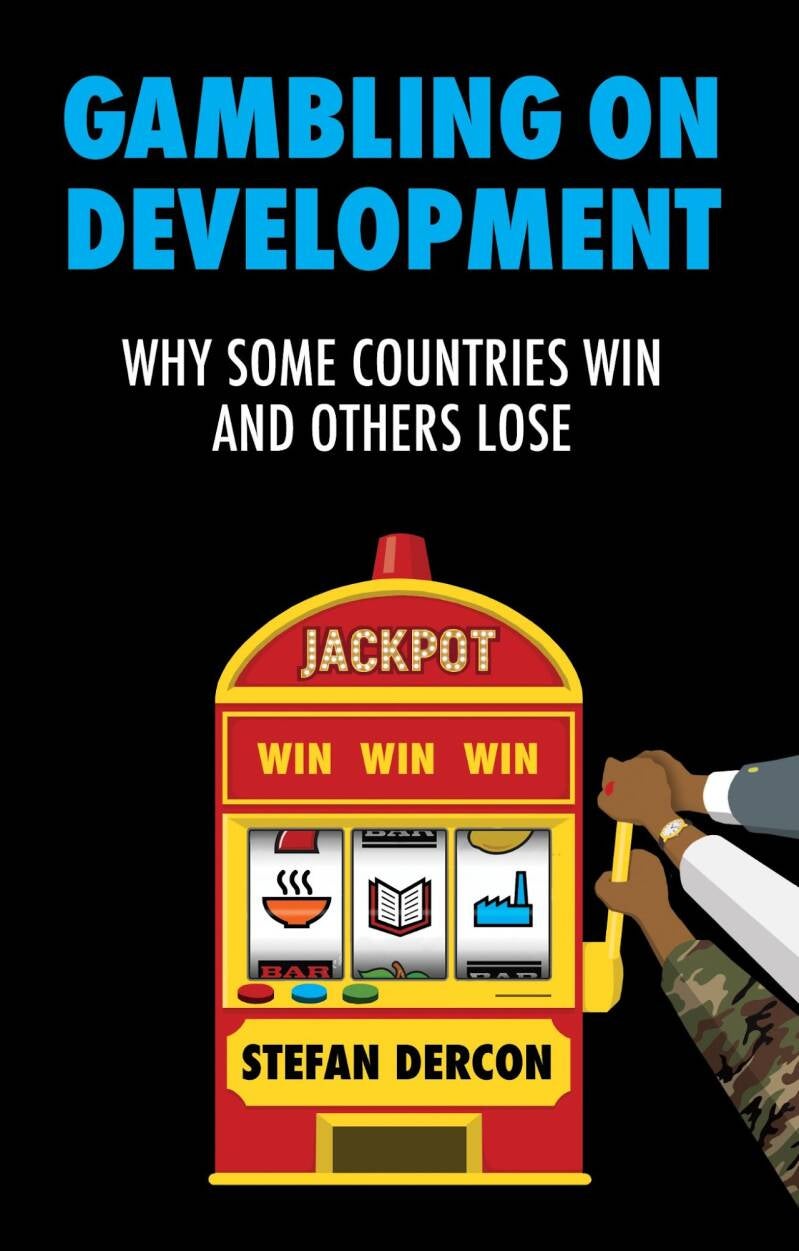
“Gambling on development”
“Why some countries win and others lose”
applied to the Belgium-DR Congo relationship
STEFAN DERCON
In june 2022 the Belgian Oxford professor Stefan Derkon published “Gambling on Development – Why some countries win and others lose”, a high-profile book on development cooperation. Around the same time, calls for drastic climate action made headlines: “Collective Action to reverse Climate Crisis or Collective Suicide” (UN Secretary-General António Guterres, 18/7/2022) & "Climate change: Small steps lead nowhere. This is how we silence ourselves to death".
(Dutch: “Klimaatverandering: Zo zwijgen wij onszelf dood. Kleine stapjes leiden nergens toe” Opinie "De Standaard" 23/7/2022).
Below, inspired by Derkon, a call to the Belgian government to make Congolese political "elites" eager to facilitate, out of well-understood self-interest, massive partnerships between industrial SMEs from the DRC and international peers. The DRC today accounts for a paltry 0.035% of Belgian exports. The DRC a country with soon 100 million inhabitants and under-exploited agribusiness and hydropower. (The GRAND-INGA project has a potential capacity of 44 nuclear reactors).
A small team of employees of the federal government institutions "International Partnerships" informs themselves
- on the "why" and "how" of successful industrial SME value chains around the world;
- on the assets of the DRC, independent of the quality of its current institutions: a selection of stable regions and established industrial SMEs; an educated middle class; RDC agriculture: capacity to feed 2 billion people without harming biodiversity; GRAND-INGA hydropower = 44 electro-nuclear reactors.
In Belgium
This team, together with business federations, organizes debate evenings "large audience" all over Belgium under the theme "Africa is not what you believe".
In the DRC, Belgium patronises the initial exchange of information with a multidisciplinary team of DRC animators that "translates" global success stories of partnerships into the culture of the DRC SME. They organize inspiring debate evenings "large audience" at various locations in the DRC. Theme: "Entrepreneur RDC dare to share your dream with international partners".
African elites recognize that only the inclusive modern industrialization of Africa guarantees a decent and safe life for their grandchildren.
Belgian government institutions "Development Cooperation & Foreign Trade" make DRC elites eager to profile themselves as facilitators of partnerships with foreign industrial SMEs
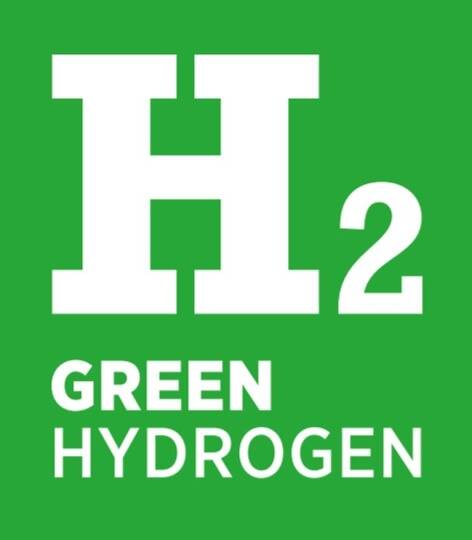

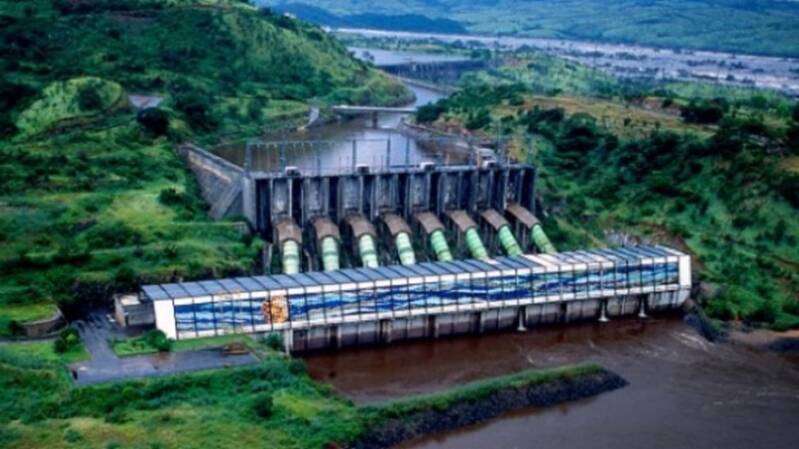
Only indigenous elites achieve a breakthrough in the inclusive development of Africa
Hydropower GRAND-INGA (Congo) = 44 nuclear electro-reactors
(France 56 rectors)
Its the economy stupid
In his confrontational reference book on development cooperation "“Gambling on Development – Why some countries win and others lose" (July 2022), the Belgian Oxford professor Stefan Dercon, former chief economist UK-Department for International Development (DFID), posits that no country has been able to develop without economic growth and engagement of local elites with power and influence. Outsiders (ODAs, NGOs) who fight for human rights, democracy, SDGs, gender, value chain due diligence, capacity building of micro-entrepreneurs never succeed in effectively curbing child mortality, poverty, child labour and other inequalities (*).
Local elites who strike a deal with export-oriented manufacturing industrialists do manage to drastically reduce inequalities.. With a "development bargain", however, elites run the risk of losing power and/or influence based on easy but uncertain income from extractive industries.
(*) Stefan Dercon: The SDGs threaten to convey a misconception about how development will come about. (p. 269)
Encourage DRC elites to present themselves as facilitators of partnerships with foreign industrial SMEs
Africa, 20 p.c. of the world's population by 2035, currently accounts for only 3.5 p.c. of our Belgian exports, "the Congo" a paltry 0.04 p.c. Inspired by Derkon's book here is a suggestion how Belgian government agencies "Development Cooperation" and "Foreign Trade" can in a low-budget way encourage DRC elites to take the calculated gamble of gradually disconnecting from the infuse of easy money from mining, and to present themselves as facilitators of hopeful international partnerships between established industrial SMEs. Without participating financially in these for-profit companies, they actually facilitate an informal agreement between the government and hundreds of manufacturing SMEs. This lays the foundation for scaling up the Congolese manufacturing industrialisation and the creation of enough formal jobs for the estimated 750,000 young people entering the labour market every year. A calculated gamble by the political elite to secure their re-election and participation in power as well as a decent and safe life for their grandchildren.
Practical. Established Congolese manufacturing SMEs - a.o. in foodagribusiness (enterprises involved in producing food and cultivated products: companies that produce fertilizer and pesticides, farming equipment manufacturers and food distribution companies), food processing, electricity workshops and public works - seek partnerships with international peers that ensure the massive transfer of practical industrial experience. Together they come up with new products and projects designed and/or manufactured in the DRC and destined for the enormous AfCFTA in the making. Together they create thousands of decent jobs; the many highly educated African young people (m/f) - including computer scientists - have the prospect of a decent job; budgets are made available for infrastructures, including high speed local digital networks and digital high-ways; micro-entrepreneurs are given a lifeline and enormous purchasing power is created, also for upscale EU products and services. ("Development 4 Digital", not the other way around).
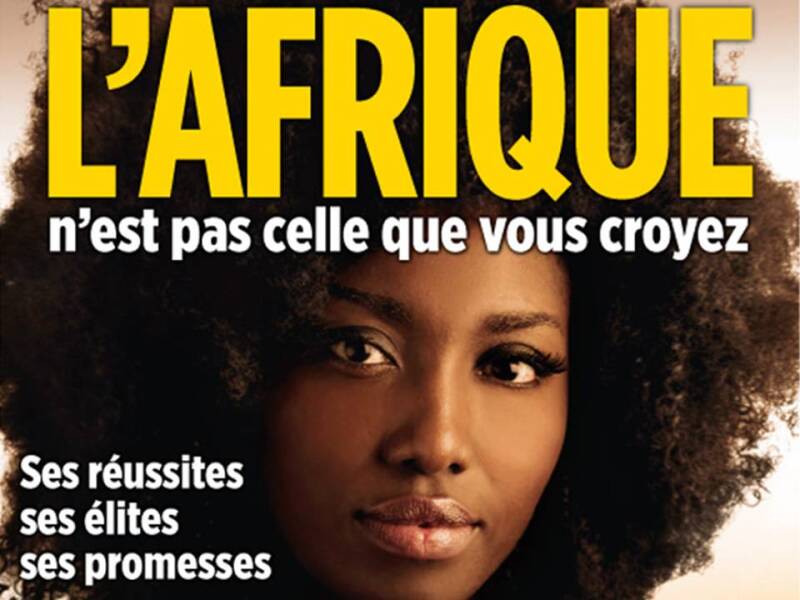

In Belgium. A small team of employees of the federal government institutions informs itself (1) about the "why" and "how" of successful SME value chain partnerships around the world and (2) about the assets of DRC (a selection of fairly stable DRC regions with established industrial SMEs and a trained middle class, the huge AfCFTA growth market, GRAND-INGA renewable hydroenergy = 46 nuclear reactors). They accept the political and institutional situation of the DRC "as it is". This team, together with business federations, organizes "Whole-of-Society" debates all over Belgium under the theme "Africa is not what you believe" and opens the eyes of potential industrial investors about the opportunities offered in Africa.
In the DRC Belgium only facilitates the initial exchange of information with a small multidisciplinary team of DRC animators on "why" and "how" of international SME partnerships. This DRC team "translates" global success stories into the culture and environment of the DRC SME and organizes "Whole of society" debates at various locations in the DRC. Theme: "Entrepreneur RDC dare to share your dream with international partners". DRC authorities patronize this DRC part, not Belgium.
Budget
Trial and error. A fraction of the current budget of "Development Cooperation" and "Foreign Trade" is sufficient to quickly test and learn from the aforementioned suggestion of broad awareness creation about the "other Africa" and international industrial SME partnerships in an era of an urgent climate transition. Dercon has seen a lot of trial, error and improvisation in China and winning countries.
-
Oxford Martin School (discussion)
-
Gambling on Development - how economic miracles can happen (Financial Times)
PS
-
The polycrisis "Climate - Energy - Pandemics - War in Europe - Ageing Europe - Forced migrations". Half of African countries have NOT endorsed the UN Security Council note condemning Putin's invasion. Another sign of the African resentment against former colonisers who continue to buy - with stranglehold contracts - African natural resources, add value and jobs at home and do not invest in a job-intensive manufacturing industrialisation of Africa. Should Europe not urgently and with the highest priority commit to the industrialisation of Africa? Even by planning to move energy-guzzling industrial mid-tech crown jewels (steel, cement, aluminum, chemicals, fertilizer, petrochemicals - 25% of our total nitrogen emissions) to Africa? Africa, a continent blessed with 37% of the global potential for the production of green hydrogen at € 2/kg and enormous needs and growth opportunities. An opportunity for the EU, thanks to its own solar and wind energy, to provide sufficient green energy for normal residential and light industrial use. A compulsion for the EU to accelerate investment in more innovative, more recyclable manufacturing industrial high-tech products and services with high added value that keep our pensions affordable.
-
All Belgian civil servants, politicians, policy advisers "development cooperation - geopolitics - foreign trade – climate – energy – entrepreneurship – investment policy – migration – ..." participate in a confrontational one-hour group tutorial on Derkon's book? ("An ambitious and uncompromising analysis of the challenge of economic development across the world")
Some notable "Derkon" quotes
-
For growth and development to take off in poor countries, elites with power and influence must be committed to growth and development, and willing to make economic and political choices that reflect this.
-
Such an elitist development market is a gamble: success is not guaranteed. The benefits come late.
-
Foreign actors have a lesser role than they think. Aid has never changed countries: decent political and economic choices/behaviours of local actors have achieved this.
-
And yes, the SDGs make no sense because commitments are not taken seriously. The SDGs threaten to convey a misconception about how development will be achieved (p. 269)
-
The focus on funding distracts from the real causes of underdevelopment and is likely to be counterproductive (p.268).
-
Corruption or the failure of the one-party state. These problems are symptoms, not causes. Every civilization has struggled with corruption. (p. xi)
-
Bangladesh. "The misery of being exploited by capitalists is nothing compared to the misery of not being exploited at all" Joan Robinson, Marxist economist (p.221)
-
The African informal economy. An estimated 30 p.c. of Africa's financial wealth ($500 billion) is sent abroad by wealthy individuals. More than received direct investments (FDIs) annually (p.297)
-
By reading the book, practitioners and academics can learn a little more about how international development works, and perhaps make them a little more effective?
-
It is virtually impossible to give really good advice on how change will take place in some countries that are blocked in disputes between elites. I am sure that outsiders, especially development partners, will not play the central role. (Twitter)
(Stefan Dercon - Summary twitter thread @gamblingondev)
Gambling for Development in 30 points
1.The argument – 2.What it means for international development efforts? – 3.What it means for research? – 4.Who may like reading this book and why? – 5.What is missing?
-
1/What the book argues: how do countries win and how do they lose?
-
My thesis: for take-off through growth and development, elites with power and influence in poor countries must be committed to growth & development, and be willing to make economic and political choices that reflect this. Such elite bargain is a development bargain.
-
It’s a common & essential feature of recent success stories, eg China, Indonesia, but also Bangladesh, Ghana, Rwanda, Ethiopia despite differences in how they did it (market vs state; autocracy vs democracy) & why places like Nigeria, DRC, Malawi or Sudan stay behind.
-
A development bargain means actions in politics and economics supportive of political stability, economic growth and development: you need serious political commitment for that, use the state sensibly fit for own capabilities and be willing to learn and correct errors.
-
It's a gamble: success is not guaranteed; benefits come late; political dynamics will likely undermine elite positions. It may emerge as a quest for legitimacy (e.g. China, Rwanda, Ethiopia), as a national narrative after conflict (Bangladesh) or just by power of ideas.
-
Plenty of countries remain stuck in elite bargains that are not consistent with development and growth: elite bargains focusing on redistributing to supporters or even bluntly stealing from the country. Nigeria, DR Congo, Malawi and others don’t come out well in my book.
-
Change is not easy. So it is remarkable that so many countries in recent decades found ways of progressing, with ups and downs, with imperfections, yes often with questionable behaviours in politics or corruption. But with undeniable progress for so many ordinary people.
-
2/What does it mean for international development?
-
Core lesson: outside actors have lesser role than they believe. Aid never changed countries: sensible political and economic choices/behaviours by local actors did, and aid that buys into these can be helpful. Ghana and Bangladesh are aid successes; but aid failed in many places.
-
Silver bullets & magic beans that claim to ‘solve’ and ‘fix’ are a waste of time and money. Pie-in-the-sky global commitments (and yes the SDGs) are meaningless as commitments are not serious: those that need them would ignore; those elite bargains that like them do it anyway.
-
Development finance whether from Beijing or Washington or Brussels often reinforces elite bargains that are not developmental by lack of selectivity or failure to understand local elite politics. Forcing choices via conditionality is no substitute for serious elite commitment.
-
Aid as we know it risks being wasted in countries without a development bargain. At best it's a Band-Aid &may make outcomes worse as aid risks embedding vested interests against development. You better deeply understand the way politics/the economy functions and be self-critical.
-
Good news: more countries appear to have moved towards a development bargain: support them vigorously, but patiently with finance–gamble on those driving these development bargains: the technocratic magicians in state or business; those driving learning accountability inside politics.
-
Shifting odds is key. Well-meaning (hopefully) donors could derisk these gambles: fight illicit finance that pays bad politics; support exports as those need a long-term; provide public goods useful for those countries willing to gamble.
15. 3/What does it mean for research? What does it mean for international development?
16. Won’t tell you what is worthwhile to research. I run trials and work on longitudinal data. I am not suddenly going to turn into a bad political scientist or scream at those who do ‘technical’ work. Development is not simply about political statements, elections or pol systems.
17. Places with development bargains increasingly have bureaucrats at local/central level keen on technical work: great. Here, uptake of plumbing kit may work well. But let’s not just encourage plumbers but also engineers that work with/empower bureaucrats to build systems.
18. However, don't ignore local political drivers and how econ. or development actions fits in. And in many other places, impact will be low as seniors are unlikely to be willing to make the choices, as it does not fit with their elite bargain, e.g. clientelism, kleptocracy, and more.
19.So humility is required by outsiders. I will admonish those who claim that their ‘solution’ solves much, that their one policy change will be ‘transformational’, that their start-up will ‘disrupt’. Don’t ever overstate your likely change, as too many don’t really want change.
20.The thesis of the book, it is said, is not testable. Maybe this is why I consciously did not want to write an academic book; but give a big picture view from lots of specific research. You'll never see me running a cross-country regression.
21. I ask why here and not there, and why now and not before; the past will matter but also the agency, the choices of elite players. As in multiple eq. models, it's not clear which one we will end in. Studying shocks, transitions, choices made?
22. 4/Who should then read this book?
23. This is not a technical book. But it should interest anyone that is interested in international development, either deeply supportive or sceptical. It is far richer than the lessons here suggest: I hope the way I wrote it will connect with the reader.
24. It tells stories and tries to accessibly explain research and data, not simply my own. As the actions and behaviours of individuals matter, I want to show the characters, the good, the bad and the ugly, and bring them to life. And hopefully it makes you smile a few times.
25. The practitioners may recognise themselves into this, and maybe reflect on how they work. With detailed stories on Malawi/S.Leone/S.Sudan/DRC/Kenya/Uganda/Ghana/Ethiopia/Rwanda/Somaliland/ China/Indonesia/India/Nigeria/Lebanon/Nepal/Bangladesh are based on my DFID reports.
26. The academics will and should be critical but may learn a bit more how the coal face of international development works, and avoid overstating what they do. And maybe make them a little more effective, and dare I say useful?
27. Students at undergraduate and graduate level may be inspired to want to study more about development. They will enjoy the way debates are brought together, and learn early on about the difficulties and opportunities to link research and evidence to the world of policy making.
28. The sceptical/intelligent sympathiser may find a balance between the cynical bashing of what NGOs/ development agencies do, and the naïve happy-clappy proselytising about development peddled that only plays on the emotional part of the brain. (cue song: “We are the world”)
30. 5/The failings of the book
I give one: I cannot quite give good advice on how change will come in some of the countries stuck in terrible elite bargains. I know for certain that outsiders, not least development partners, will not play the central role.
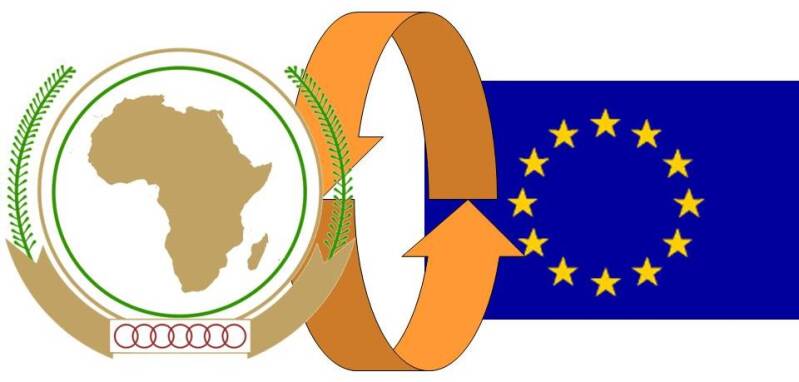
Circular Know-How Economy Africa-Europe
1/8/2022 karel.uyttendaele {@} pandora.be
“Jobs”, that is what Africa is concerned about
Africa, the solution, not a victim of global climate change
Africa’s advanced industrialisation saves the entire planet
The future of work in Africa. The role of digital technologies
Green hydrogen, a breakthrough in Africa’s industrialisation
GRAND INGA hydropower project DRCongo = 44 nuclear reactors
EU governments only must promote the “other” Africa. That’s all
Africa's economic transformation : the role of Chinese investment
The great illusion of ‘Start-ups’, 'Micro-SMEs’ and 'Business Incubators'
Circular Know-How Economy Africa-Europe SMEs & Young Professionals
Book (Dercon) “Gambling on development”. Why some countries win and others lose


Maak jouw eigen website met JouwWeb